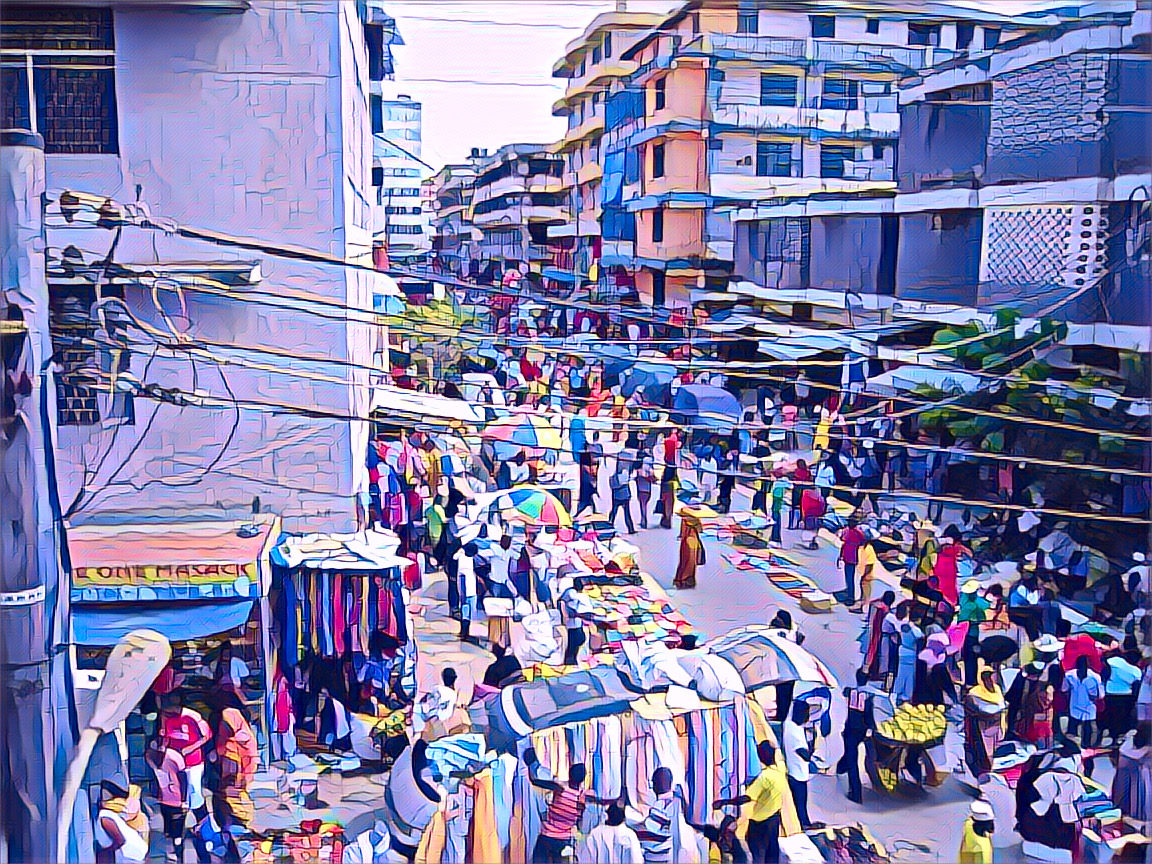In Harare, the bustling capital of Zimbabwe, there is a significant confrontation unfolding between city authorities and informal traders over newly implemented by-laws that restrict vending activities within the central business district (CBD). The local government’s stringent regulations include banning the sale of goods without a valid permit and prohibiting the use of pushcarts at key informal trading hubs. These measures have sparked widespread discontent among the city’s numerous vendors.
The City of Harare recently introduced by-laws mandating that all informal traders operating within the CBD must possess a valid permit or lease agreement. Additionally, the use of pushcarts, a common sight at bustling marketplaces like Magaba, Mupedzanhamo, and the Mbare Musika bus terminus, has been expressly forbidden. These measures have led to a significant crackdown by municipal police and the Zimbabwe Republic Police, resulting in multiple arrests of vendors.
Samuel Wadzai, the Executive Director of the Vendors Initiative for Social and Economic Transformation, has expressed the frustration of the traders and their eagerness for dialogue. Despite attempts to reach out to city officials for a formal discussion, there has been no official engagement to address these concerns. Wadzai emphasized the importance of supporting workers in the informal economy, highlighting that the new by-laws seem disconnected from the economic realities that many Harare residents face.
Wadzai reiterated the need for formal discussions with city authorities, stressing that the failure to engage could jeopardize the livelihoods of countless informal workers. He pointed out that while the city’s motivation might be to increase revenue from traders, these workers are protected under the nation’s constitution, which upholds their rights as workers.
“We do not want confrontation with the council,” Wadzai stated. “We have previously resolved many issues through engagement, and we hope to continue on that path.”
Wisbon Malaya, the Secretary-General of the Zimbabwe Chamber of the Informal Economy, also echoed the need for a balanced approach to governance. He announced plans to initiate communication with the mayor, town clerk, and relevant committees to express their concerns and offer solutions that could mitigate the impact of these new regulations on informal traders.
These restrictive by-laws come at a time when a significant portion of Zimbabwe’s population relies on informal trading due to the high unemployment rates. An International Monetary Fund report highlighted the extensive informalization of Zimbabwe’s economy, with many citizens turning to vending as their primary source of income. The recent policy changes by the city council not only affect the economic stability of these traders but also the overall vitality of Harare’s urban economy.
Malaya criticized the city’s leadership for not recognizing the vital contribution of informal sector workers to the city’s functioning. “It is unfortunate that the City Fathers are forgetting that whoever is working in the informal sector today is contributing to the existence of the City of Harare itself,” he remarked.
The confrontation between Harare’s informal traders and city authorities highlights a critical challenge facing urban governance in Zimbabwe. As the city seeks to impose order and generate revenue through formalization, it must also consider the socio-economic implications of such policies on a significant segment of its population.
The situation calls for a delicate balance between regulatory enforcement and economic empathy. Going forward, the success of Harare’s urban management will largely depend on the authorities’ ability to engage with and incorporate the needs and realities of its informal workforce. This will not only help in stabilizing the city’s economy but also in fostering a more inclusive and sustainable urban environment.
As discussions continue, the outcome of these engagements will likely serve as a precedent for how similar conflicts are managed in other parts of Zimbabwe and potentially across other regions facing similar economic dynamics.
Source: Newsday


